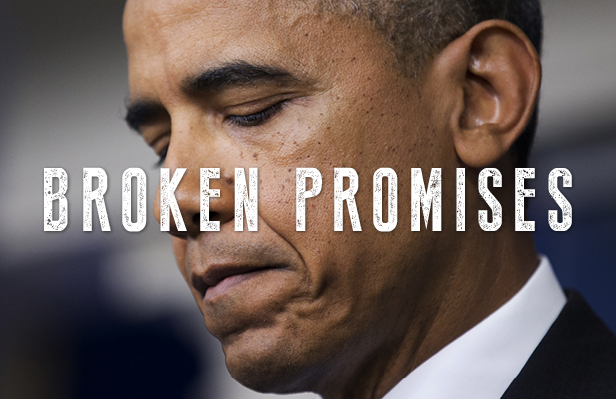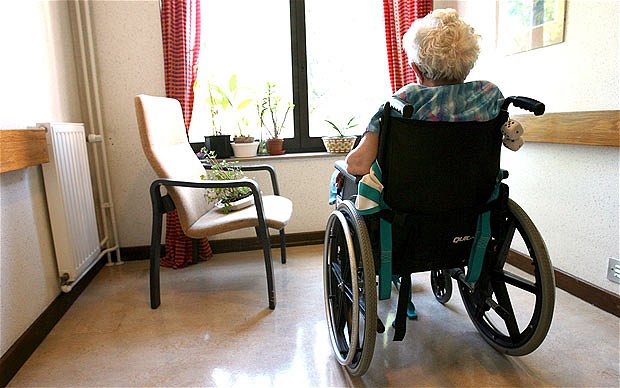Study: Private Insurance is Better than Medicare
They measured within-hospital quality based on AHRQ’s innovative Inpatient Quality Indicators. Mortality due to heart attacks, pneumonia, and hip replacement were among the indicators examined.
Among the authors’ findings: Within hospitals, patients with private insurance had lower risk-adjusted mortality rates than Medicare patients for 12 out of the 15 indicators examined.
Source: Health Affairs.





 We found that privately insured patients had lower risk-adjusted mortality rates than did Medicare enrollees for twelve out of fifteen quality measures examined. To a lesser extent, privately insured patients also had lower risk-adjusted mortality rates than those in other payer groups. Medicare patients appeared particularly vulnerable to receiving inferior care. (
We found that privately insured patients had lower risk-adjusted mortality rates than did Medicare enrollees for twelve out of fifteen quality measures examined. To a lesser extent, privately insured patients also had lower risk-adjusted mortality rates than those in other payer groups. Medicare patients appeared particularly vulnerable to receiving inferior care. (

